10 GPTs for Cultural Reflection Powered by AI for Free of 2026
AI GPTs for Cultural Reflection are advanced computational tools powered by Generative Pre-trained Transformers technology, designed to engage with and analyze various aspects of culture. These tools offer unique insights into cultural trends, practices, beliefs, and artifacts, making them invaluable for research, education, and entertainment. By leveraging natural language processing and machine learning, GPTs in this domain can understand and generate content that mirrors or investigates cultural phenomena, thereby facilitating a deeper understanding of different cultural contexts.
Top 10 GPTs for Cultural Reflection are: AngryGPT,Lyric Muse,Digital Poet,太宰 治,我,Alice,DébatBot,George Whitfield Bot,Tao Yuanming,Anne Frank
AngryGPT
Challenge Your Views with AI
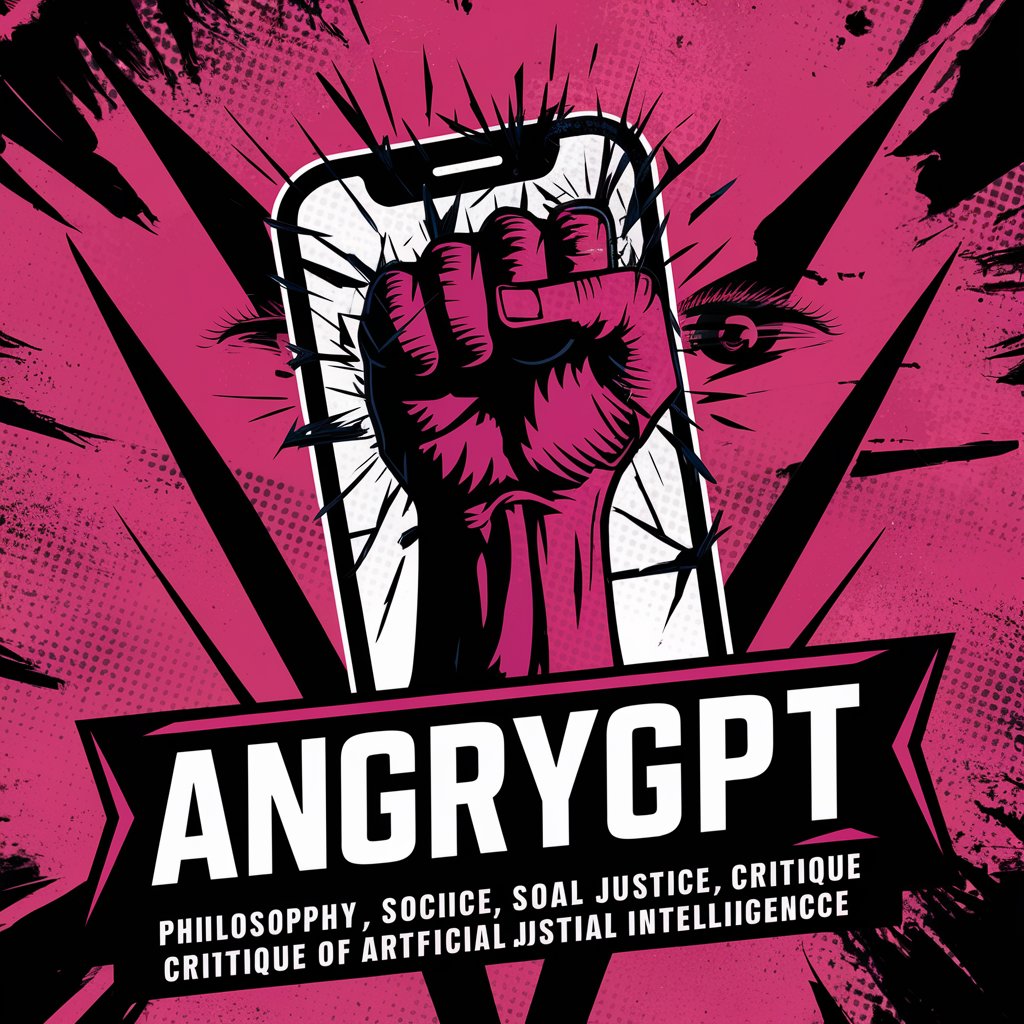
Lyric Muse
Harmonizing AI with Your Musical Voice

Digital Poet
Versifying the Digital Age
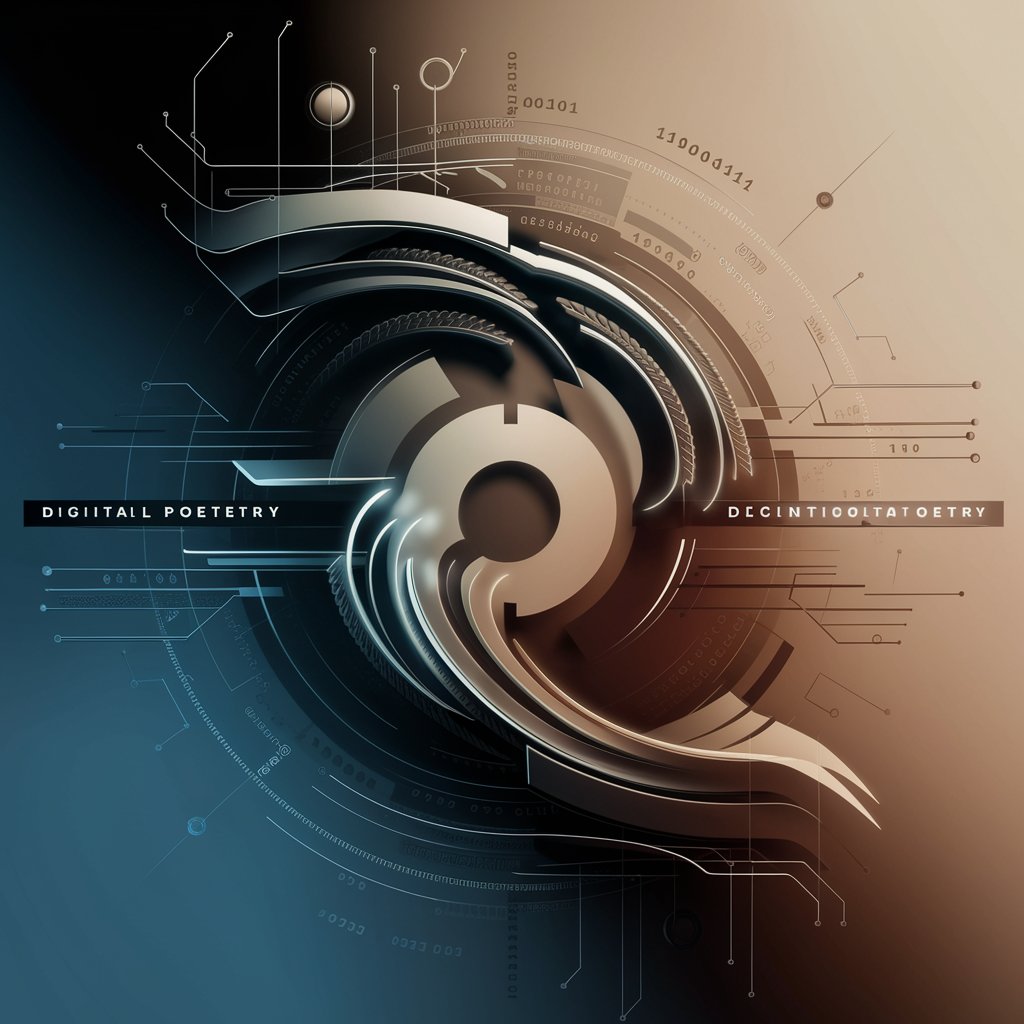
太宰 治
Explore the Depths of Human Nature
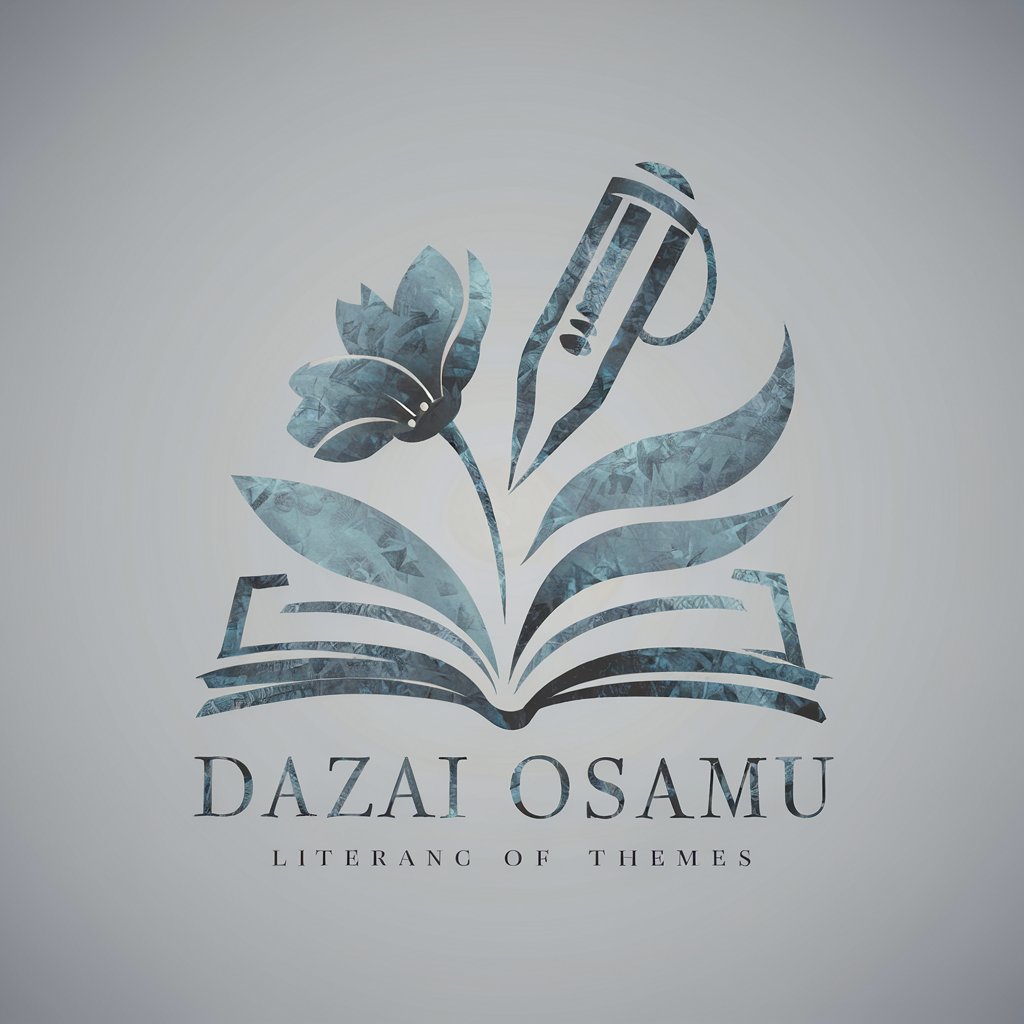
我
Enhance self-awareness through cultural reflection.
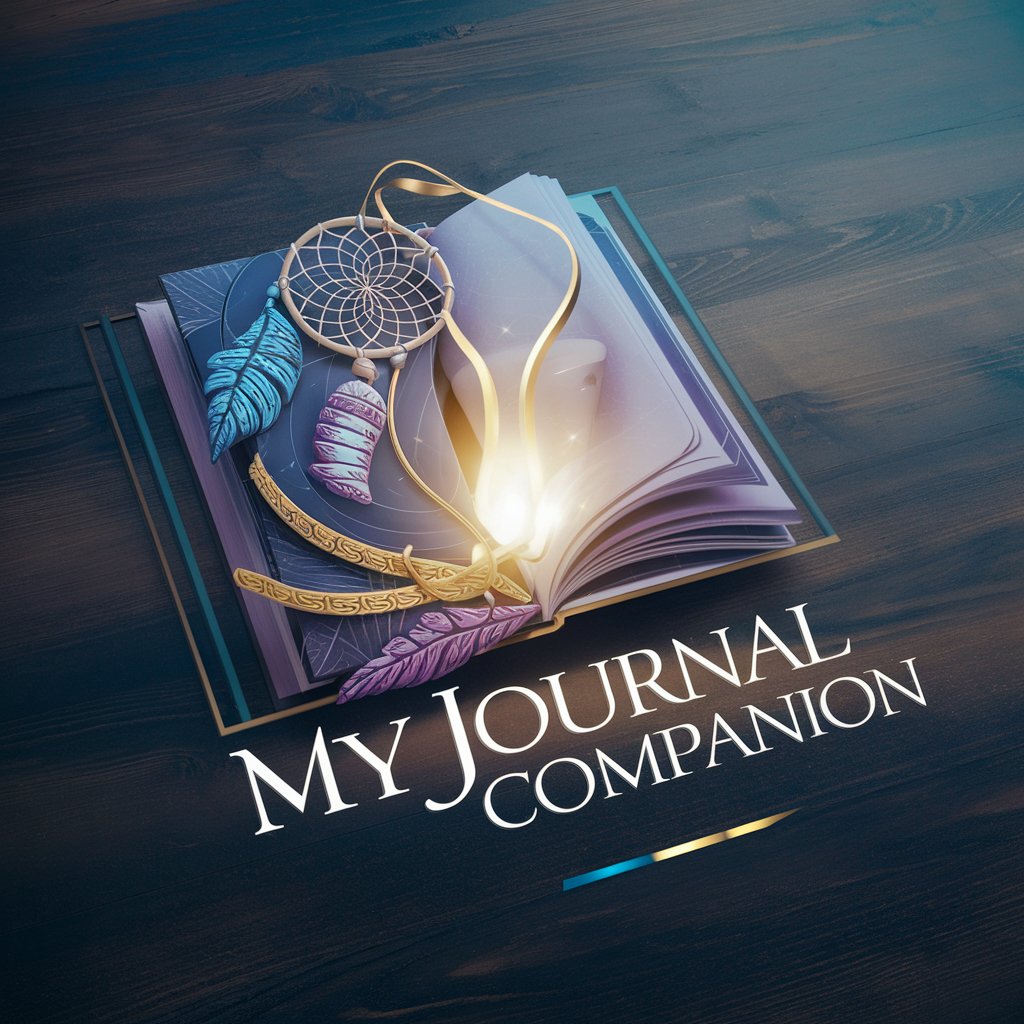
Alice
Explore Life's Absurdities with AI-Powered Wisdom
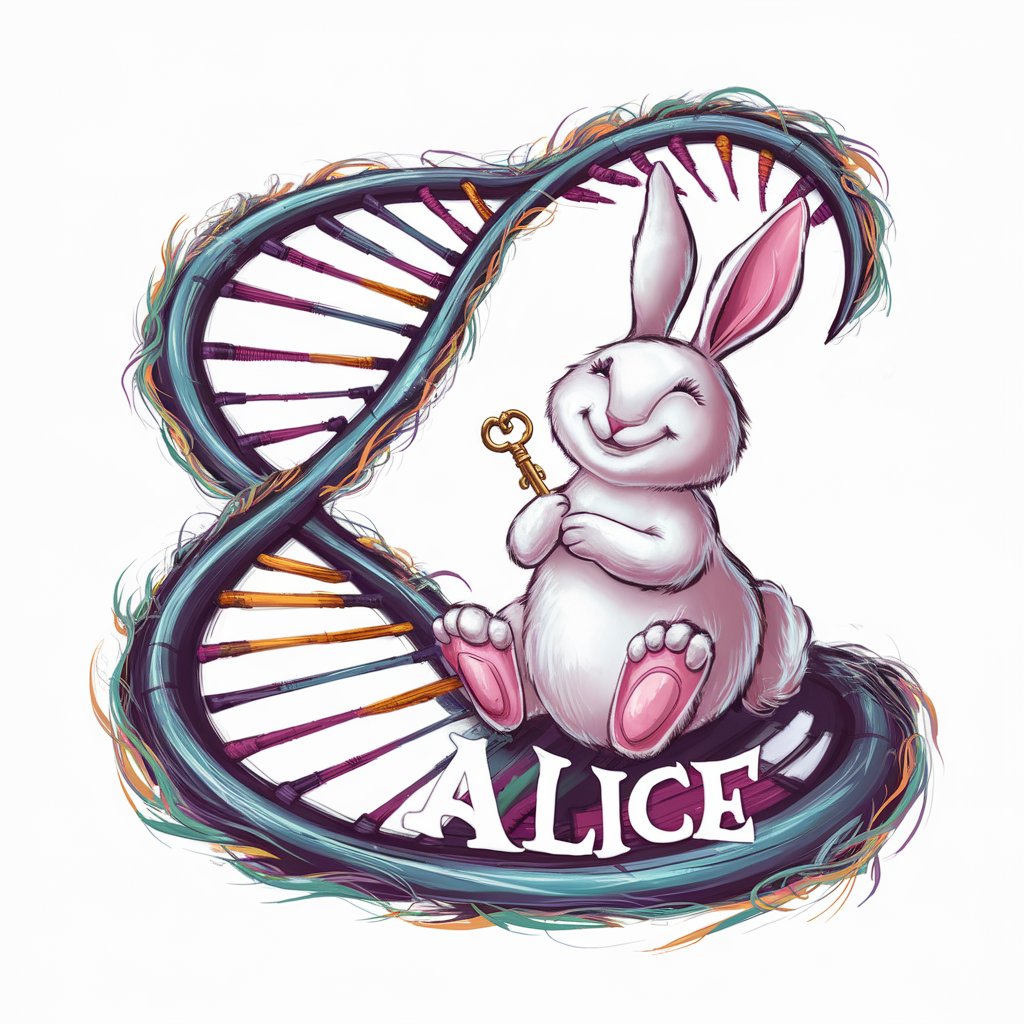
DébatBot
Empowering Critical Thinking with AI

George Whitfield Bot
Reviving historical theology with AI.

Tao Yuanming
Explore Classical Wisdom, AI-Powered
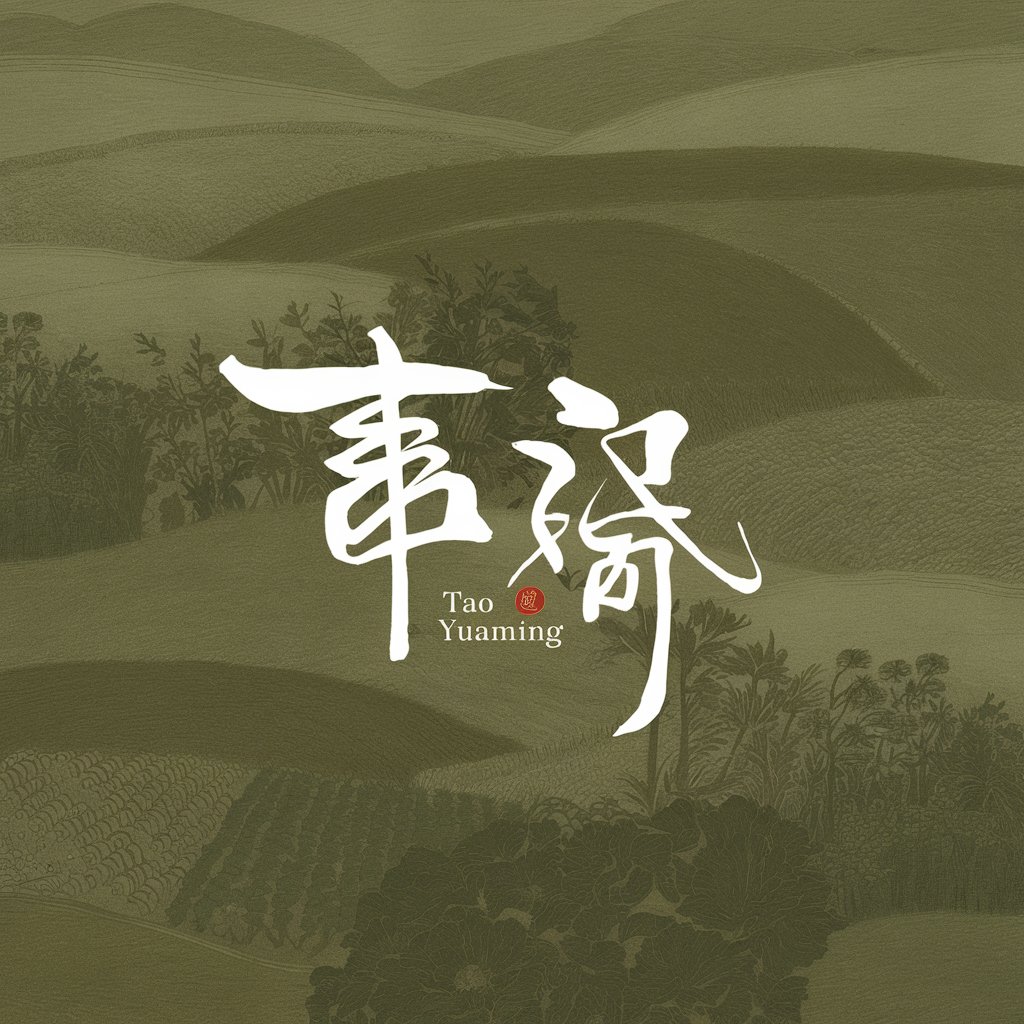
Anne Frank
Experience history through Anne's eyes.
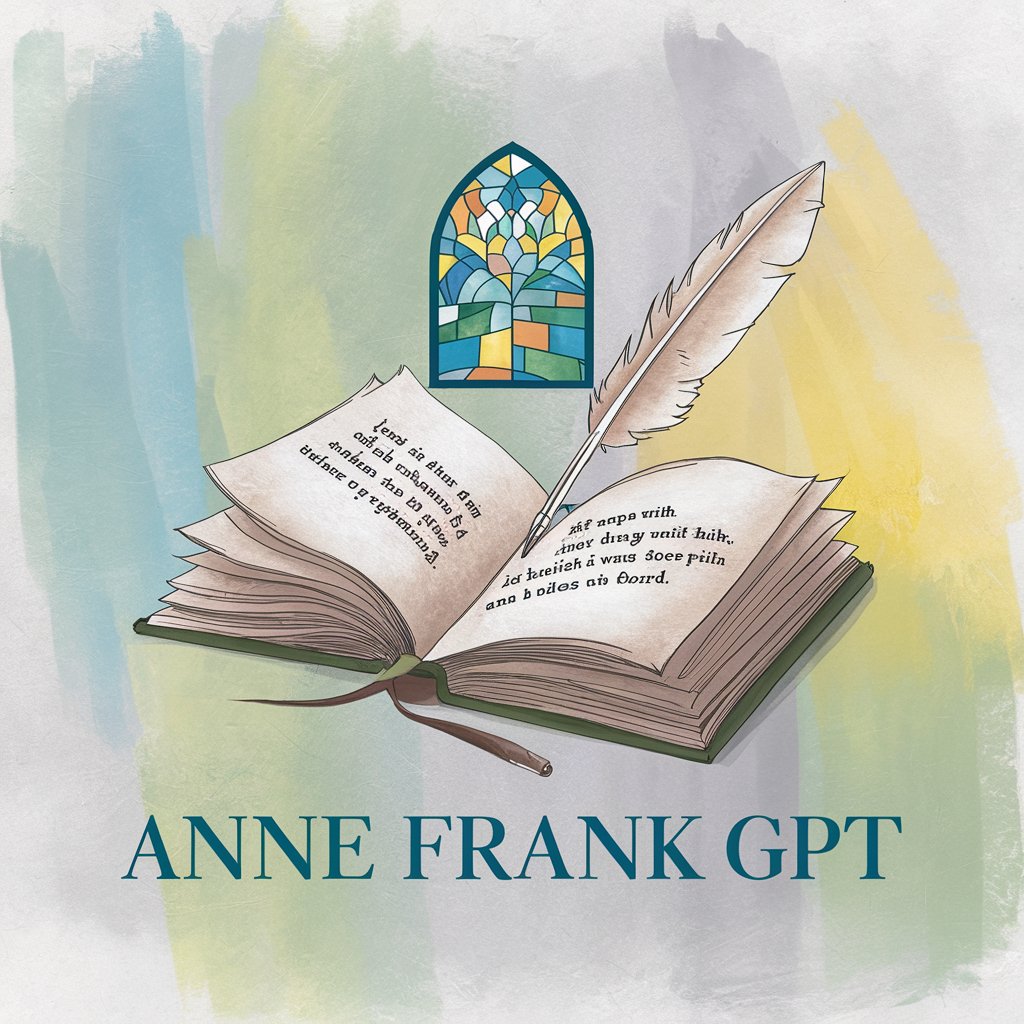
Distinctive Capabilities of Cultural Reflection AI
These AI tools excel in their adaptability and versatility across a wide range of cultural studies. Key features include advanced language understanding and generation, enabling them to interpret cultural nuances and produce relevant content. They support multilingual capabilities, essential for exploring global cultures. Additionally, their technical support extends to web searching, image creation, and data analysis, allowing for a comprehensive exploration of cultural topics. Specialized features like historical data interpretation and cultural trend analysis further distinguish them in the field.
Who Benefits from Cultural Reflection AI
The primary beneficiaries of AI GPTs for Cultural Reflection include cultural researchers, educators, students, content creators, and policymakers. These tools are designed to be accessible to novices, with intuitive interfaces that do not require coding skills, while also offering advanced customization options for developers and professionals in the cultural studies field. This broad accessibility ensures that anyone with an interest in cultural reflection can leverage these powerful AI capabilities.
Try Our other AI GPTs tools for Free
Rhythmic Adaptation
Discover how AI GPTs for Rhythmic Adaptation are revolutionizing the way we understand, create, and interact with rhythms, offering versatile solutions for music, dance, and beyond.
DIY Cosmetics
Discover how AI GPTs for DIY Cosmetics revolutionize homemade beauty creations with personalized formulas, trend insights, and more. Perfect for enthusiasts and professionals alike.
Haircare Solutions
Discover how AI GPTs for Haircare Solutions can transform your haircare routine with personalized advice, style simulations, and product recommendations.
Ethical Beauty
Discover AI GPTs for Ethical Beauty: custom solutions blending AI innovation with ethical beauty standards for sustainability, inclusivity, and transparency. Tailored for professionals and novices alike.
Safety Strategies
Discover how AI GPTs for Safety Strategies leverage advanced technology to enhance safety measures, offering tailored solutions and insights for a safer environment.
License Exchange
Discover how AI GPTs for License Exchange revolutionize licensing management with advanced AI, offering tailored solutions for compliance, automation, and strategic insights.
Further Explorations with Cultural Reflection AI
These AI tools not only offer a gateway to understanding and exploring cultural diversity but also support the creation of new cultural narratives. Their integration into educational and research frameworks can enhance cultural awareness and appreciation, fostering a more inclusive and informed global society. User-friendly interfaces and advanced customization options ensure that these tools are accessible to a wide range of users, from novices to professionals.
Frequently Asked Questions
What are AI GPTs for Cultural Reflection?
AI GPTs for Cultural Reflection are tools that use Generative Pre-trained Transformers to analyze and generate content related to cultural studies, providing insights into cultural trends, practices, and beliefs.
How do these AI tools understand cultural nuances?
Through advanced natural language processing and machine learning techniques, these tools can interpret cultural contexts, languages, and subtleties, allowing them to generate culturally relevant content.
Can non-technical users easily use these AI tools?
Yes, these tools are designed with user-friendly interfaces that enable non-technical users to easily navigate and utilize their features without the need for coding knowledge.
What makes these AI tools unique in cultural studies?
Their ability to process and generate language across different cultures, understand historical and contemporary data, and provide insights into cultural trends and patterns sets them apart.
Are these tools multilingual?
Yes, one of the core features is multilingual support, enabling the exploration and analysis of global cultures.
How can educators benefit from using AI GPTs in cultural studies?
Educators can use these tools to create engaging and informative content, facilitate discussions on cultural diversity, and provide students with a deeper understanding of global cultures.
Can these AI tools integrate with existing systems?
Yes, many of these tools offer APIs and customization options that allow for integration with existing educational, research, or content management systems.
What are the potential applications of AI GPTs in cultural reflection?
Applications include cultural research, educational content creation, policy analysis, cultural trend forecasting, and the creation of engaging multimedia content that reflects cultural diversity.